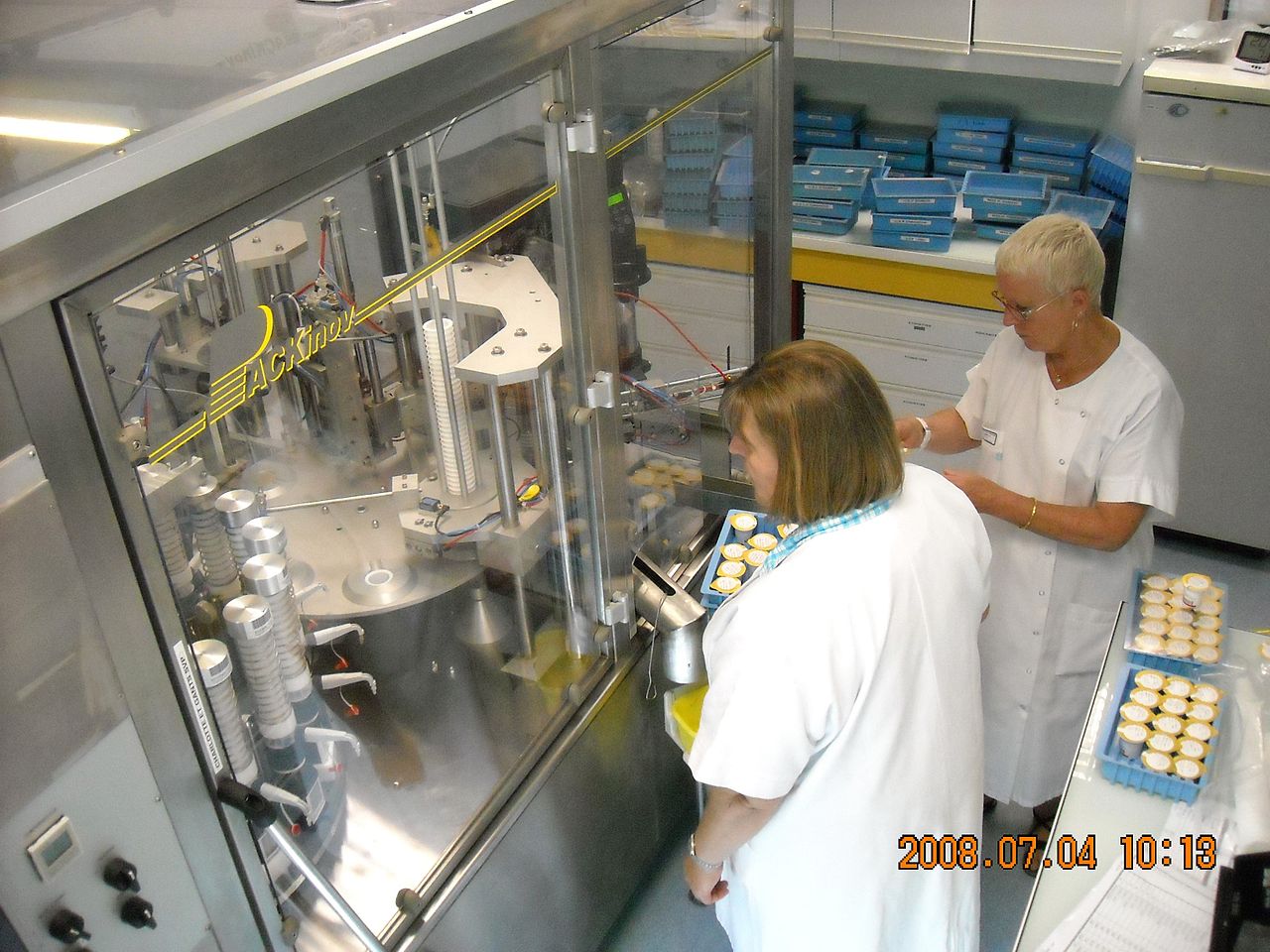Industrial automation is typically associated with helping companies in traditional heavy industries and industrial manufacturing, but today, industrial automation technology has been meeting the needs of the life sciences industry for nearly four decades. According to a report by Accenture, the digitization and automation of the life sciences industry could produce more than $100 billion in value over the next five years.
Companies like Rockwell Automation bring automation, information technology, process control, and modular processing systems to pharmaceutical and life sciences to optimize operations. Rockwell works with the 10 leading pharmaceutical manufacturers and 95% of the Fortune 50 life sciences companies by providing better access to data associated with operational processes. Control systems provide companies with real-time information that can be turned into intelligent information that can inform each stage of the manufacturing process from research and development and clinical trials to commercial manufacturing and innovation.
Engineers overseeing manufacturing processes have much better control, make better and more informed decisions, waste fewer resources, cut operating costs, and improve overall efficiency. In pharmaceutical companies such a Parker Hannafin, for example, motion control of precision fluidics systems allow for automation of tests and processes to make them more consistent and accurate.
Other leaders in life sciences automation include Schneider Electric, ABB, General Electric, Siemens, and Emerson. The global market for industrial automation in the life sciences industry is currently growing at a compound annual growth rate (CAGR) of 6%.
The following video is an overview of Rockwell Automation Life Sciences.







